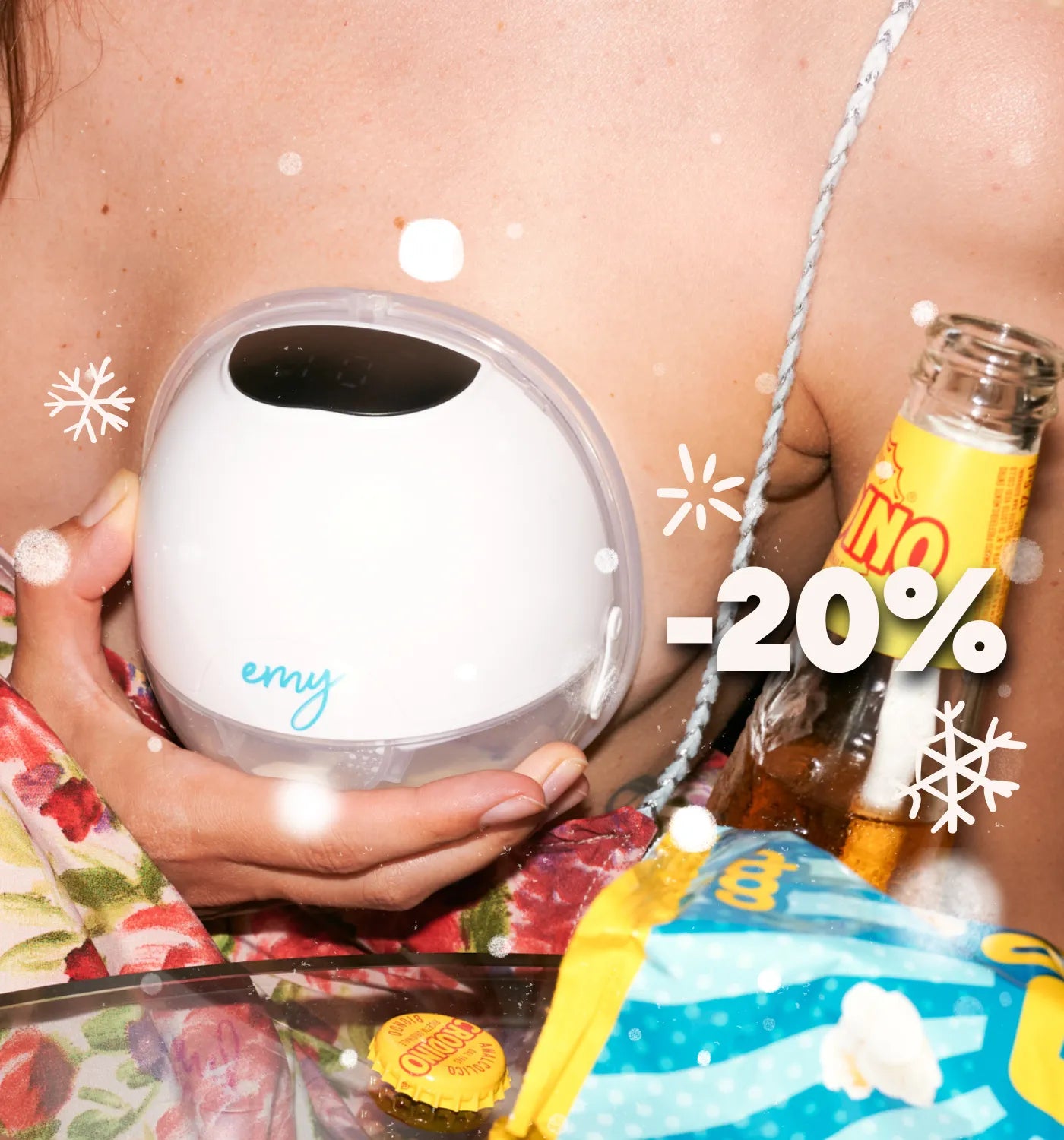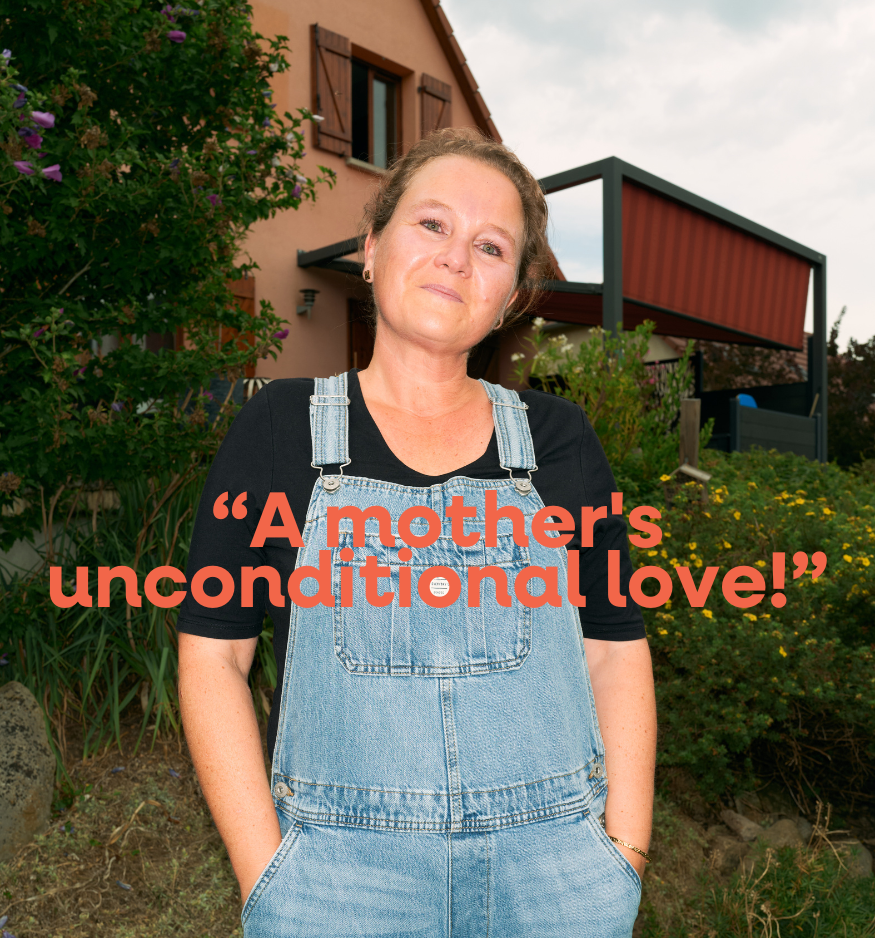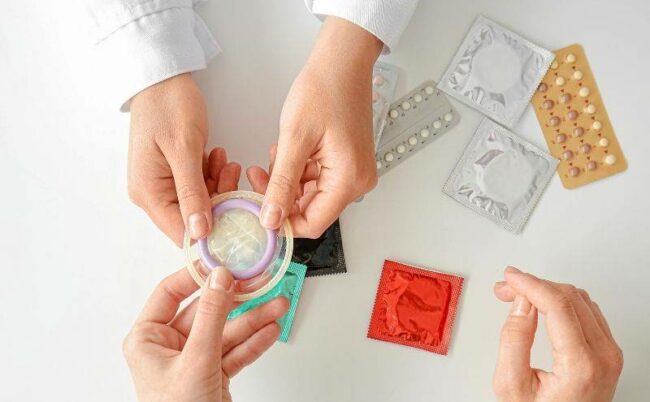Breastfeeding is a wonderful time but it raises many questions, particularly about contraception to adopt. Should we trust the natural contraceptive effect of breastfeeding? What are the most suitable methods? To answer these questions, we contacted Dr Odile Bagot, a renowned gynecologist.
Breastfeeding, natural contraception?
If exclusive breastfeeding can actually reduce the risk of pregnancy in the first months, Dr Bagot wants to deconstruct this myth.
“Breastfeeding is not not a 100% reliable contraceptive method. Indeed, for it to act as a temporary natural contraception, three strict conditions must be met:
- exclusive breastfeeding;
- a minimum of 6 feedings per day including one at night;
- the absence of return of diapers. »

But be careful, this LAMA method (Breastfeeding and Amenorrhea Method) is only effective at 95% the first 2 months postpartum. Beyond that, the risk of becoming pregnant increases, with the resumption of ovulation varying from one woman to another.
Can you get pregnant while breastfeeding?
Although breastfeeding can reduce fertility temporarily, you will have understood, breastfeeding is therefore not a 100% safe contraceptive method. The resumption of ovulation can vary from one woman to another and therefore it is entirely possible to get pregnant while breastfeeding.
The longer it takes for your first postpartum period to return, the more likely it is that a ovulation occurs before. This “surprise” ovulation may be strong enough to allow a new pregnancy.

It is also interesting to note that return of fertility in breastfeeding mothers is often linked to key stages of baby development. When your baby begins to sleep through the night or taste solid foods, the likelihood of returning to your cycles increases.
For most breastfeeding mothers, periods return between baby’s 9 and 18 months, marking the potential return of fertility.
What contraception should you choose while breastfeeding?
“For greater peace of mind, I recommend opting for contraception from 3 weeks after giving birth » , continues Dr Bagot. And for this, the options are multiple:
- There microprogestin pill, without estrogen to preserve lactation.
- L'contraceptive implant subcutaneous, very effective and without effect on breastfeeding.
- THE IUD copper or hormonal, which can be applied 4 to 6 weeks after delivery.

“The choice will depend on each person’s history, mode of delivery and preferences. The main thing is not to hesitate to broach the subject and to talk to your doctor or its midwife. »
Does returning from diapers end breastfeeding?
Last point addressed: the return of the rules. “This marks the end of the postpartum period but not necessarily breastfeeding ! » reassures the specialist.
Some women can even continue breastfeeding for several months after resumption of menstruation.

“To maintain good lactation, simply continue stimulation through feedings or by a breast pump. The return of diapers is therefore not a signal to stop breastfeeding. »
I am looking for a practical and discreet breast pump
In summary, although breastfeeding can have a temporary natural contraceptive effect, it is preferable to opt for a reliable contraception from postpartum. Remember, dialogue with a healthcare professional remains the key to finding the solution best suited to your situation.






